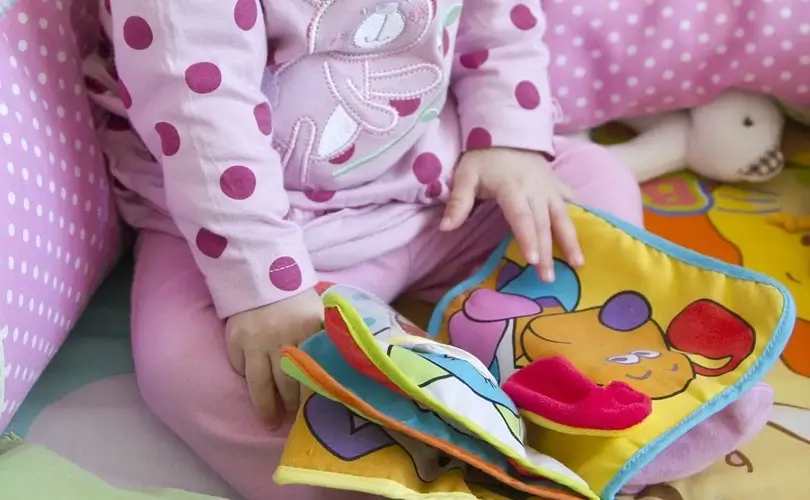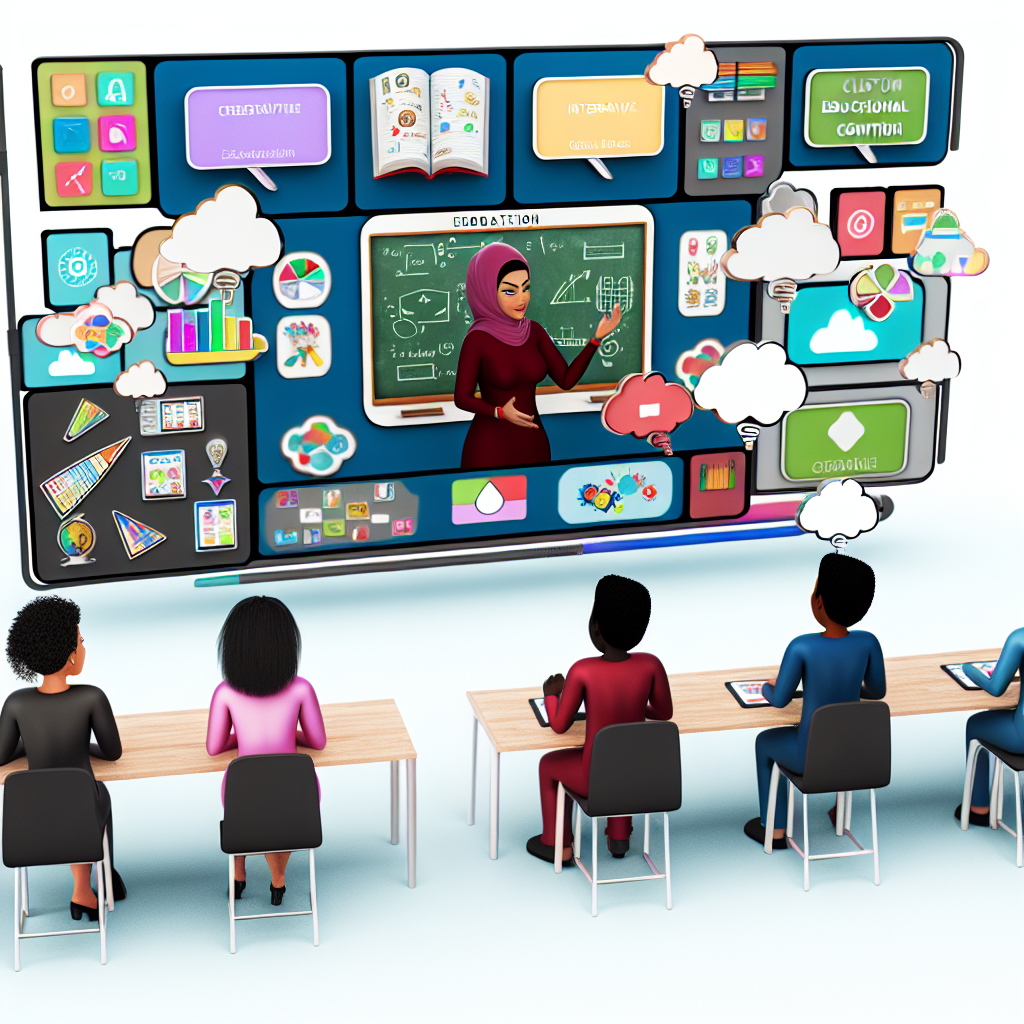Jean Piaget postulated four cognitive stages, starting with sensorimotor. Infants and young children learn about the world through their senses and actions.
Sensorimotor begins at birth and finishes around two. Piaget separated the sensorimotor into six substages:
Stage 1: Reflexes (birth–1 month): Infants have sucking, gripping, and rooting reflexes at this period. These reflexes let them engage with their surroundings.
Stage 2: Primary circular responses (1–4 months): Infants repeat enjoyable acts at this time. A newborn may repeatedly suck their thumb or slam their fists on a table.
Stage 3: Secondary circular responses (4–8 months): Infants consciously repeat acts that provide intriguing effects at this time. An infant may drop a toy repeatedly to watch how it falls.
Stage 4: Secondary scheme coordination (8–12 months): Infants mix two or more schemes at this stage. An infant may hit a toy on the table, then suck on it.
Stage 5 (12–18 months): Tertiary circular reactions. Infants actively explore the world during this time. They could see what happens when they drop a toy or how many blocks they can stack.
Stage 6: Scheme internalization (18–24 months): Infants learn to represent things and events during this period mentally. They may now imagine objects and solve difficulties using their mental representations.
Sensorimotor Stage Fundamentals
There are several crucial principles for understanding the sensorimotor stage.
This includes: Assimilation: Adding new information to schemas
Accommodation: Changing schemas to accommodate new data
Object permanence: Knowing that items exist even when they are not visible.
Schemas: Mental images of things and occurrences
Deferred imitation is the capacity to copy prior actions.
Sensorimotor Stage Importance
Sensorimotor development lays the groundwork for cognitive development in newborns and toddlers.
Language and symbolic reasoning require object persistence. Schemas also help build problem-solving abilities.
Supporting The Sensorimotor stage
There are several ways parents and caregivers may help with the sensorimotor stage. This includes:
Providing a stimulating environment: Infants and toddlers must explore and engage with the world. This might include toys, books, and other objects that promote their senses and bodies.
Talking, asking questions, and playing with newborns and toddlers regularly. This improves language, problem-solving, and social abilities.
Allowing babies and toddlers to explore and experiment is vital.
This helps kids learn about the world and solve problems.
The sensorimotor stage is crucial to cognitive development. Toddlers learn about the world through their perceptions and behaviors. Object persistence, schemas, and postponed imitation are among their cognitive skills.
Provide a stimulating atmosphere, engage with infants and toddlers often, and encourage them to explore their surroundings to promote the sensorimotor period.

Dominic E. is a passionate filmmaker navigating the exciting intersection of art and science. By day, he delves into the complexities of the human body as a full-time medical writer, meticulously translating intricate medical concepts into accessible and engaging narratives. By night, he explores the boundless realm of cinematic storytelling, crafting narratives that evoke emotion and challenge perspectives. Film Student and Full-time Medical Writer for ContentVendor.com




